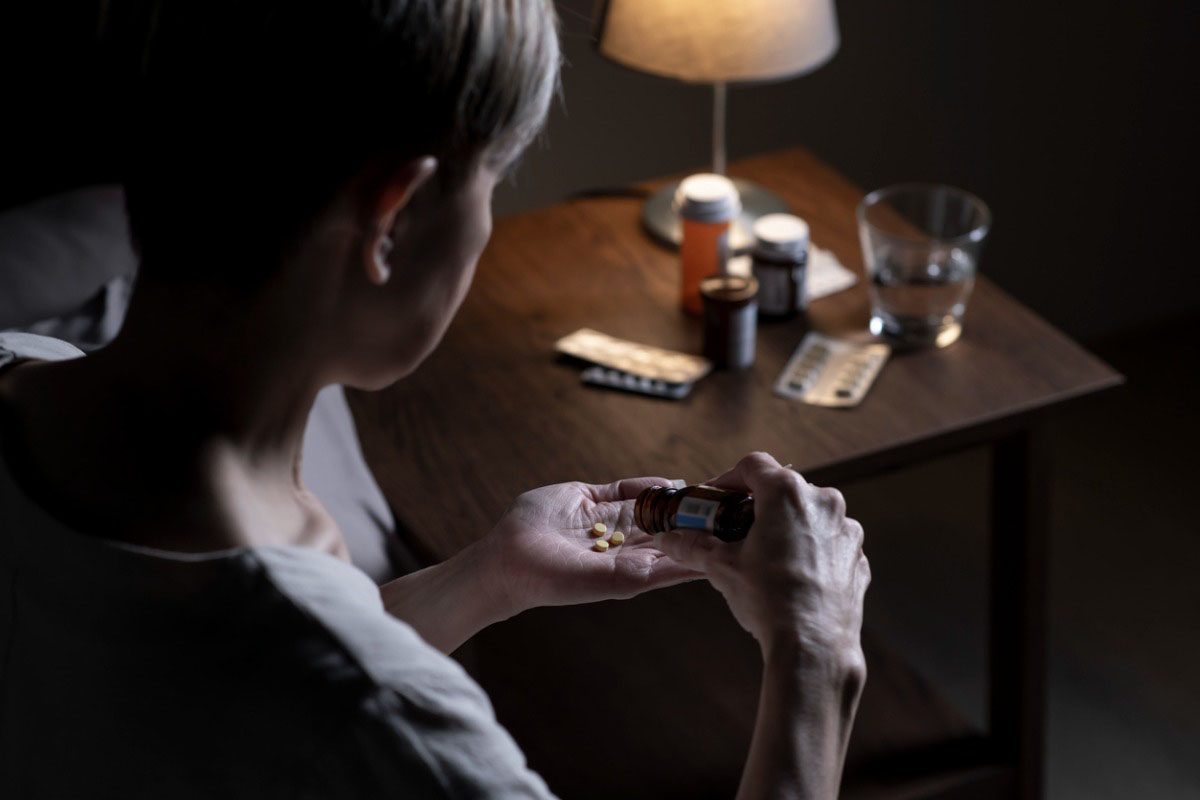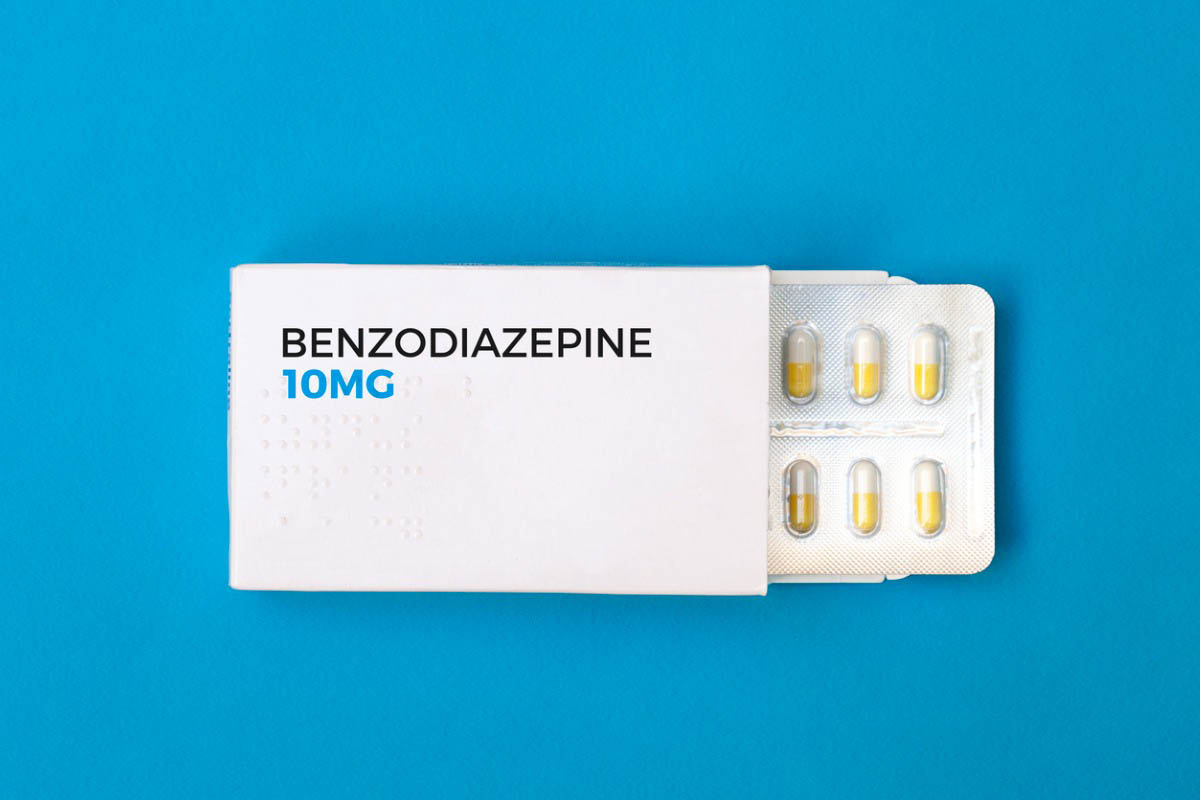Empowering mental health professionals with peer-reviewed psychiatric research and insights
Page 9
More JCP Articles
Original Research
Machine Learning Prediction of Quality of Life Improvement During Antidepressant Treatment of Patients With Major Depressive Disorder: A STAR*D and CAN-BIND-1 Report
November 15, 2023
Quality of life is an important patient-centric outcome. Using machine learning methods, this study found that quality of life improvement with antidepressant treatment can be predicted using early depression…
Systematic Review
Predictors and Risk Factors of Treatment-Resistant Depression
November 13, 2023
Early identification of individuals with major depressive disorder who are likely to develop treatment-resistant depression (TRD) is needed. This study reviewed the literature to identify and categorize the predictors…
Clinical and Practical Psychopharmacology
Physical Exercise and Health, 2: Benefits of Different Levels and Patterns of Activity
October 11, 2023
This article provides guidance about exercise for adults, including how many steps per day are enough, whether bursts of activity during the day improve health, and whether “weekend warrior”…












